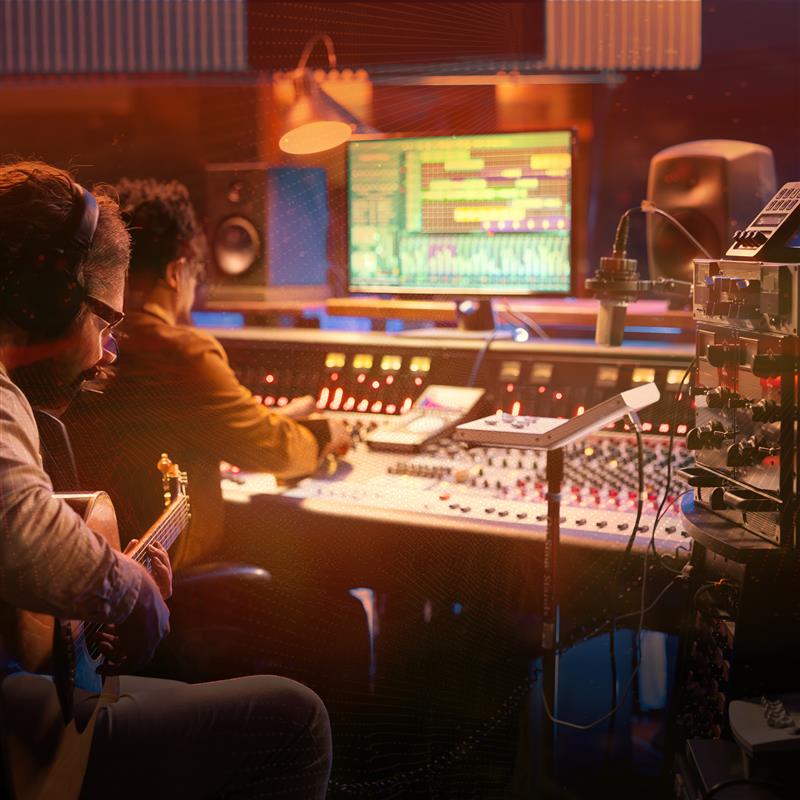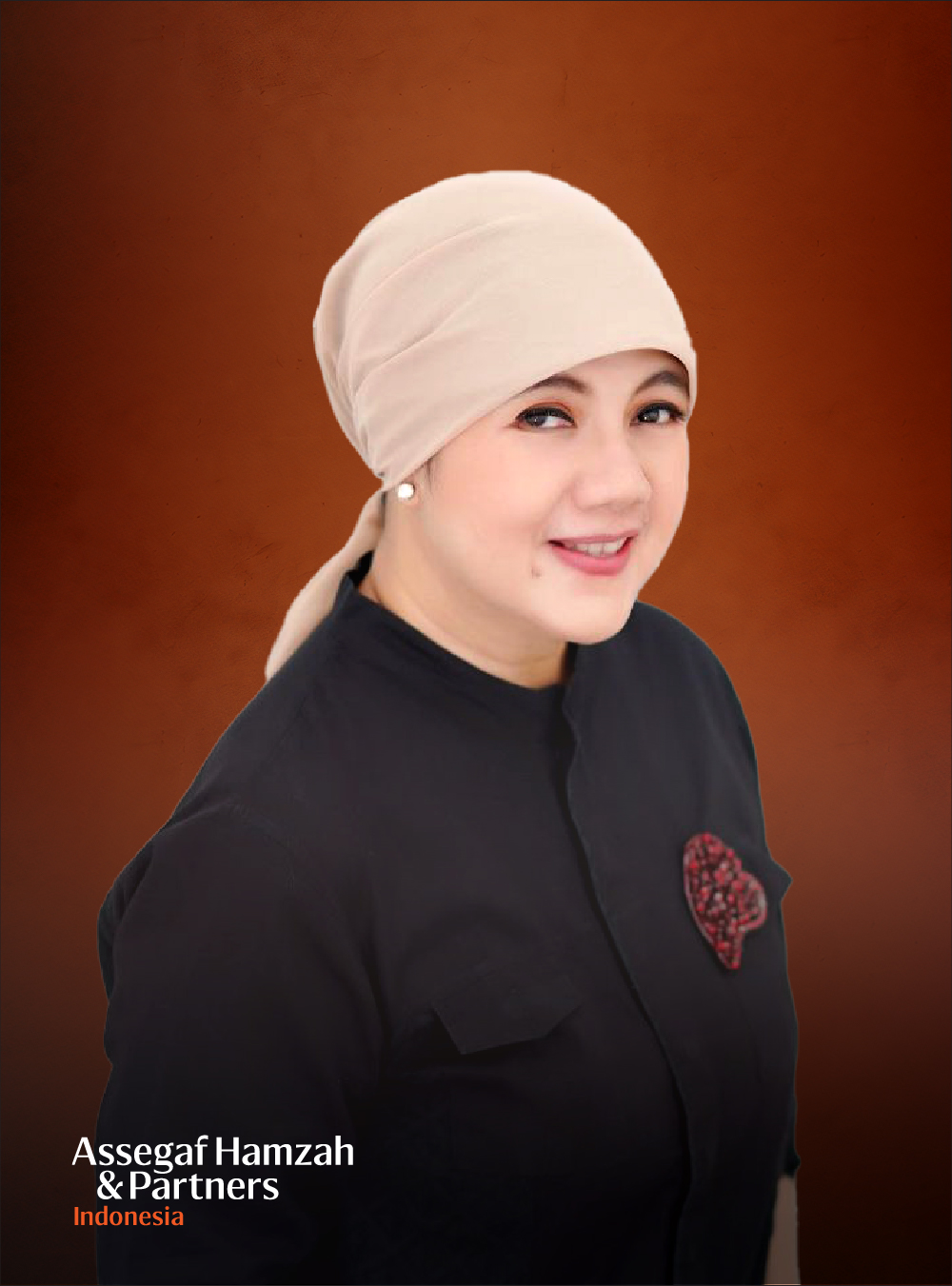
A recent court case involving a prominent Indonesian singer and her former music composer has spotlighted key legal and regulatory issues in the music industry, particularly around royalty obligations for public performances. The dispute has also reignited the debate over the role and authority of the National Collective Management Organisation (Lembaga Manajemen Kolektif Nasional or "LMKN"), especially as some composers choose to license their works directly to users.
To address these concerns, the Minister of Law issued Minister of Law Regulation No. 27 of 2025 ("Regulation") on 7 August 2025. The Regulation implements Government Regulation No. 56 of 2021 on Royalty Management over Copyrighted Songs and/or Music. Its primary aim is to strengthen legal protection and certainty for composers, copyright holders, and neighbouring rights owners, while offering clearer guidance for businesses that play music in public spaces.
Key Highlights of the Regulation
To provide greater clarity on royalty obligations and the role of LMKN, the Regulation outlines several key provisions.
-
LMKN's Role in Royalty Collection
The Regulation confirms that LMKN is authorised to collect royalties for the commercial use of music in public spaces, covering both analogue and digital formats.
-
Territorial Scope of LMKN's Authority
LMKN's authority to collect royalties extends beyond Indonesia. Under the Regulation, royalty collection may also apply internationally, subject to cooperation agreements between LMKN and foreign collective management organisations or digital platforms operating in relevant jurisdictions.
-
Responsibility of Event Organisers and Business Owners
The Regulation clearly states that the obligation to pay royalties for the use of songs and/or music in events or business premises lies with the event organisers or business owners.
-
Clarification on Digital Use in Public Spaces
To avoid ambiguity, the Regulation provides a detailed list of digital formats considered as commercial use in public spaces. These include:
- Audio/video streaming
- Audio/video downloads
- Simulcast/webcast
- Video on demand/over-the-top (OTT) services
- Online/web radio
- Live event streaming
Looking Ahead: Remaining Questions and Practical Considerations
The enactment of the Regulation marks a significant step forward in clarifying and strengthening the legal framework surrounding royalty management in Indonesia's music industry. However, several royalty tariffs, particularly for digital commercial use, have yet to be determined. Until these are finalised, commercial users may face uncertainty in determining their obligations. Stakeholders should stay alert for further implementing guidelines or tariff schedules from the government.
Have any Question please contact
INTELLECTUAL PROPERTY
Contribution Note
This Legal Update is contributed by the Contact Partners listed above, with the assistance of Achmad Faisal Rachman (Associate, Assegaf Hamzah & Partners).




